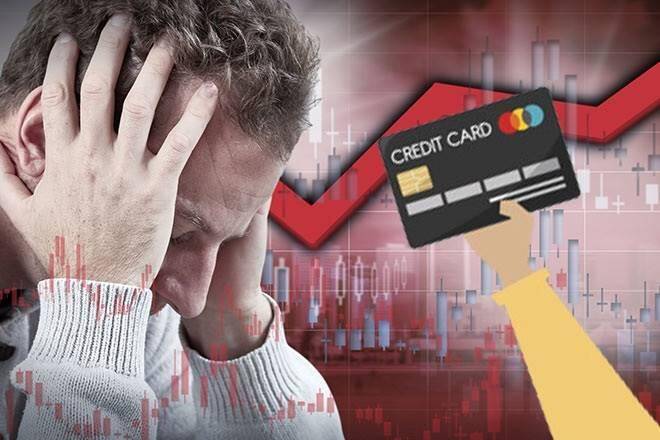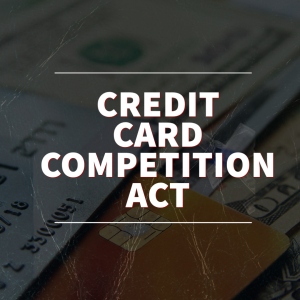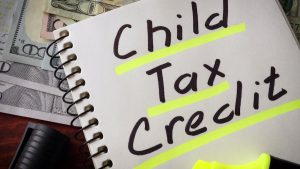Concept of Credit Card Mistakes
Whether it’s your first time using a credit card or you’ve had one for years, mistakes happen. While a credit card error can have an impact on your credit score, there’s no need to be too hard on yourself. You can start to see your credit scores improve with a few habit modifications and some patience.
Here are some frequent credit card blunders and how to avoid them.

Missing a payment
In the context of Credit Card Mistakes, You’re in the middle of a busy week and can’t seem to keep track of time. That’s when you find your credit card has a late fee. It’s always worth phoning your credit card company if this happens to you in order to credit card mistakes. If you ask nicely, you might be able to get the cost removed, especially if you’ve never missed a payment. Furthermore, the late charge serves as a warning because your credit scores will not be damaged until you’ve been late for more than 30 days, at which point the missed payment will be reported to credit bureaus.
What can happen if you don’t make a payment:
Not only is there a late fee, but Credit Card Mistakes that is more than 30 days late will significantly lower your credit score – sometimes by as much as 100 points.
How to keep this from happening again:
Create a dependable reminder method, such as credit card issuer email or text alerts. You can also set up monthly automatic credit card payments, but make sure you have enough funds in your bank account to cover your expenses and avoid overdraft fees in order to credit card mistakes. Some credit cards let you set your due date, allowing you to schedule payments around a special day, such as the start of the month or the day after your paycheck is received.
Maxing out your credit limit
It might be tough to avoid charging more than 30% of your entire credit card limit, especially if you have a low limit to begin with or are faced with an unexpected large charge due to credit card blunders. In an emergency, you may need to use your credit limit, which is OK. However, if you consistently max out your credit card, you may be causing long-term damage to your credit.
How exceeding your credit limit might be detrimental:
Your credit utilization, or the amount of your total available credit you charge, is a factor in the calculation of your credit scores. Generally speaking, the lower your utilization, the better.
Click here to check out Credit Calculators.
To avoid this in the future, follow these steps:
Reduce the number of times you use your credit card for every purchase in order to credit card mistakes. You can use your credit card for some monthly expenses and then use cash or a debit card for the rest. If your credit limit is low, call your issuer to check if you qualify for a credit limit increase. If your salary rises, notify your card issuer, as this may help you qualify for a raise in order to credit card mistakes.
Spending more than you can afford to repay is a bad habit to get into.
When compared to turning over all of your cash, buying with a credit card doesn’t feel like you’re spending real money, which makes it simpler to overspend. When your credit card bill arrives, you may be surprised, especially if you don’t have enough money in your bank account to cover it.

What can happen if you go over budget:
Because you can charge up to your credit limit, pay only a little fraction of your bill, and then charge up to the maximum again the next month, credit cards can trap you in a cycle of expensive debt. Your debt might quickly balloon to hundreds of dollars.
To avoid this in the future, follow these steps:
Don’t simply hand over the plastic without thinking. Check your account balance multiple times a month, and if you have a large bill coming up, budget for it by setting money aside. Switch to cash or a debit card if you’ve already overspent while paying down your debt. Creating a budget might assist you in feeling more in charge of your finances.
Closing a credit card account without a plan
Although deep cleaning your wallet can be satisfying, you don’t need to get out the scissors simply because you don’t use a card very often. Although closing a credit card is sometimes the best option, it might have a negative impact on your credit score in order to credit card mistakes. As a result, you might want to think about how to keep the account open.
How cancelling a credit card can hurt you:
Closing an old credit card can help to reduce the average age of your credit card accounts. When it comes to credit ratings, the older you are, the better. Furthermore, cancelling a card lowers your total credit limit. If you keep spending the same, your credit usage will rise.
Paying your credit card statements without looking
While you can put your credit card payments on autopilot, take an active role in monitoring your account because errors can happen. You may have no idea unless your credit card company contacts you about possible fraud in order to credit card mistakes.
Source: https://www.nerdwallet.com/article/credit-cards/how-to-bounce-back-from-a-credit-card-mistake
For more info, visit here: credit calculator








One Response
I have to thank you for the efforts youve put in penning this blog. I really hope to check out the same high-grade blog posts by you later on as well. In truth, your creative writing abilities has motivated me to get my very own blog now 😉